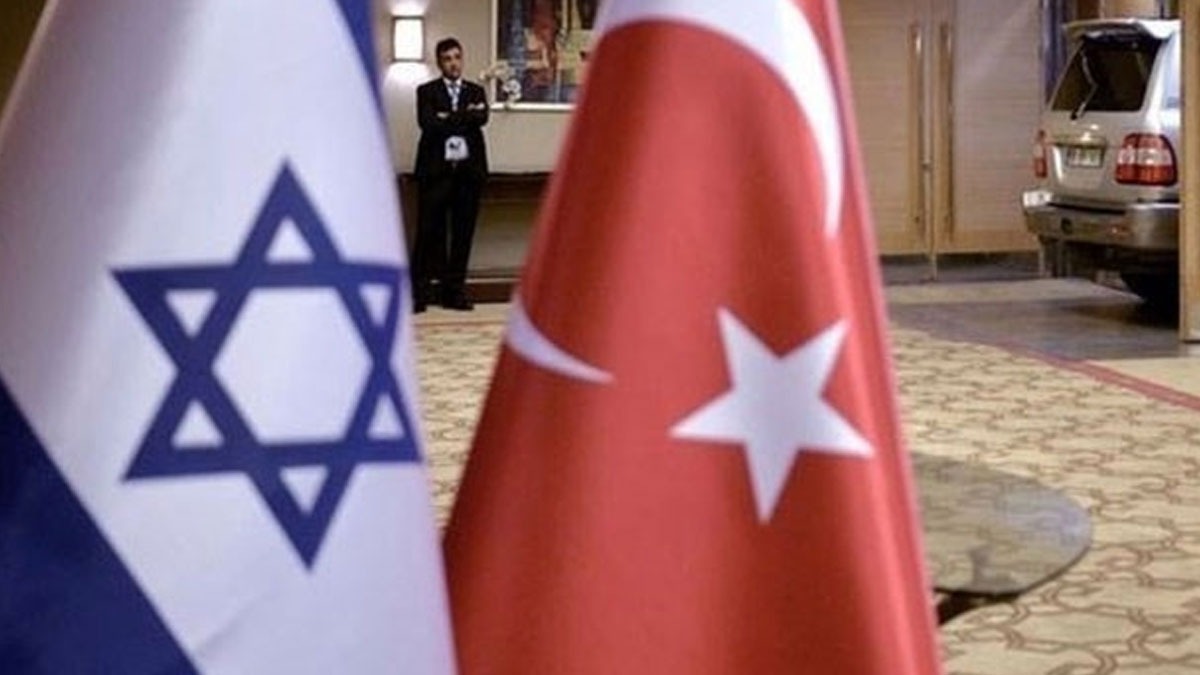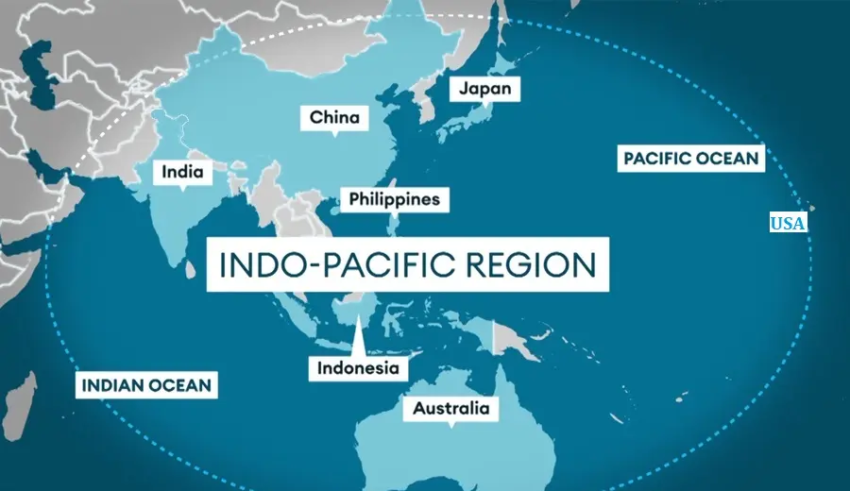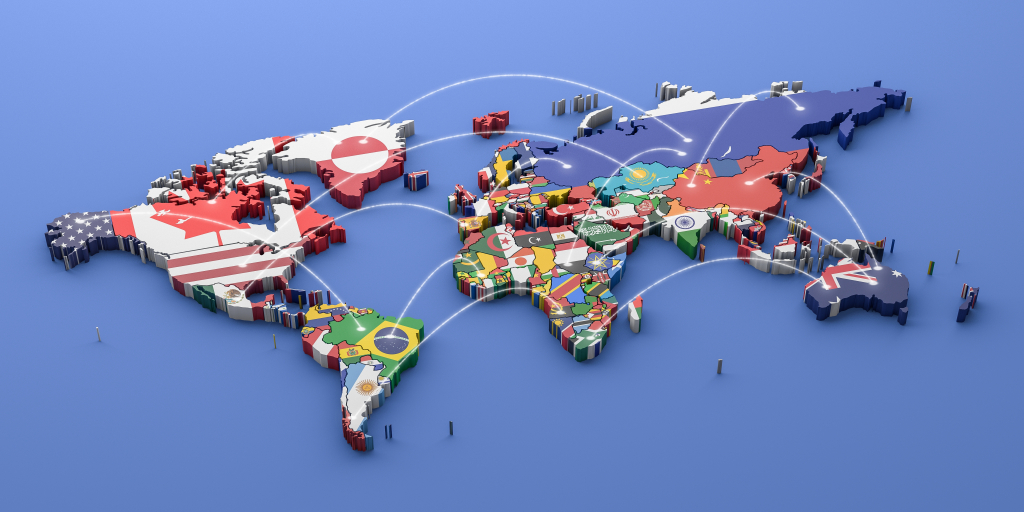In the emotionally charged atmosphere surrounding the Gaza war, with Ankara’s increasingly strident denunciations of Israel’s actions and Tel Aviv’s mounting discomfort over Turkey’s expanding regional ambitions—particularly in Syria and its vocal support for Hamas—speculation has grown about an imminent rupture or even a military clash between the two nations.
But while the rhetoric may suggest a coming storm, a closer, more nuanced look at the deeper undercurrents reveals that a hot conflict remains highly improbable. Not only would such a confrontation be catastrophic for both Ankara and Tel Aviv, it would also provoke a sharp intervention from Washington, which will not stand idly by as two of its strategic partners drift toward open warfare.
Rhetoric vs. Reality: Why War Isn’t on the Horizon
Make no mistake: the tensions are real. Israel has been visibly disturbed by Turkey’s growing military footprint in northern Syria, with new bases and expanded operations close to areas of interest to Tel Aviv.
Even more provocative, from the Israeli perspective, is Ankara’s political and humanitarian support to Hamas—a group that Israel designates as a terrorist organisation, but which Turkey regards as a legitimate resistance movement that must be part of any enduring peace in Palestine. That support is not merely rhetorical; it comes with symbolic gestures and diplomatic space.
The Anatomy of Mutual Suspicion
But the mistrust is far from one-sided. Ankara, for its part, has long been unsettled by Israel’s quiet but sustained engagement with separatist Kurdish elements in Iraq and Syria. In Turkish strategic thinking, these ties are not viewed as tactical or benign; rather, they are perceived as part of a broader design—an unspoken ambition, some in Ankara believe, to carve out a future Kurdish state that would serve as a “second Israel” in the heart of the Middle East.
Such an entity, in Turkey’s view, would act as a permanent wedge, keeping not only Turkey but also Syria, Iraq, and Iran preoccupied for decades to come, while simultaneously ensuring Israel’s regional security and leverage. Though Tel Aviv denies any such intent, the lingering suspicion continues to poison trust and limit the scope of cooperation.
Yet, despite these deep strategic anxieties, the prospect of actual military conflict remains remote. For Turkey, grappling with domestic economic fragility, a widening military footprint from the Caucasus to the Red Sea, and elections on the horizon, a direct confrontation with Israel would risk serious international backlash, jeopardise relations with the West, and distract from its broader strategic agenda.
For Israel, opening a new front with a NATO member, having the second largest military after the US,—one with regional reach and growing influence—would be a perilous miscalculation, particularly as it deals with a multi-front threat landscape involving Hamas, Hezbollah, Iranian proxies, and global scrutiny.
Washington’s Invisible Hand and Iran’s Paradoxical Role
The United States, meanwhile, stands as the ultimate buffer against escalation. Despite frustrations with Ankara’s defiance within NATO and Tel Aviv’s domestic hardline trajectory, Washington continues to see both as pillars of its regional posture. A war between Turkey and Israel would not only undo decades of carefully constructed architecture, it would hand Iran and other spoilers a geopolitical windfall. Washington’s quiet but firm diplomatic channels are already at work to prevent such a disastrous misstep.
Ironically, it is Iran—so often a source of division—that could create the grounds for cautious cooperation. Turkey and Israel, while following different strategies, share a deep concern over Tehran’s nuclear programme and its influence across Iraq, Syria, Lebanon, and Yemen. In this evolving equation, Azerbaijan—secular, Turkic, strategically located—emerges as a potential platform for trilateral coordination. Though open collaboration may be politically sensitive, the convergence of strategic interests should not be underestimated.
From Confrontation to Coexistence: A 25-Year Strategic Vision
Nor should we forget the longer arc of history. Turkey and Israel have a foundation of diplomatic recognition, commercial interdependence, and even cultural familiarity. Turkey was the first Muslim-majority nation to recognise Israel in 1949, and despite episodic crises, the two countries have shared periods of flourishing cooperation—particularly in intelligence, tourism, trade, and military technology. There remains mutual affection between their peoples, even when leaders lash out at one another.
Crucially, Ankara cannot influence Israeli behaviour in Gaza or on the status of Jerusalem if it chooses to disengage completely. Vice versa. Moral indignation alone rarely changes state policy. It is only through sustained, if uncomfortable, engagement that Turkey might shape outcomes. Emotional politics should not cloud the cold logic of realpolitik. Turkey’s voice matters more in Tel Aviv when it comes from a partner—even a critical one—rather than from an adversary shouting across frozen diplomatic lines.
Israel’s military actions against Palestinians, as well as its strikes in Lebanon and Syria, have long surpassed the boundaries of legitimate self-defence. The scale of human suffering and material destruction they leave in their wake is unconscionable—no person with a moral compass can accept or justify such devastation.
This is why confidence-building becomes not just useful, but essential. It is time for Ankara and Tel Aviv to explore the possibility of a long-term strategic engagement—perhaps a 25-year framework—where areas of mutual benefit and restraint are clearly delineated. This would not require harmony or warm feelings, but rather, a mature recognition that both countries have much to gain from managed competition and much to lose from unchecked hostility.
Such an understanding could identify roles in the broader region, create win-win cooperation in technology, agriculture, renewable energy, and defence, and tame extremist voices on both sides that thrive on perpetual conflict. It would also help institutionalise mechanisms for dialogue even during periods of intense political divergence.
Such a strategic consensus between Türkiye and Israel could also draw in the Gulf nations that have signed the Abraham Accords with Israel, alongside Eastern Mediterranean littoral states and neighbouring countries—from Iraq and Syria to Jordan and Egypt—to help cultivate a climate of peace and prosperity in this remarkable yet historically misfortunate region.
To support this strategic vision, several actionable steps should be taken:
• First, both governments should appoint seasoned special envoys tasked with confidential, direct communication focused on de-escalation and strategic planning.
• Second, a military and intelligence red line must be established to prevent accidental skirmishes or provocations—especially in flashpoints like Syria and the Mediterranean.
• Third, discreet third-party facilitation, perhaps through Washington or Baku, can offer informal space for more candid conversations away from media and domestic pressure.
Finally, Turkish Foreign Minister Hakan Fidan recently offered an important anchor of restraint when he declared, “Turkey does not want a military confrontation with Israel.” This is a critical message that must be reciprocated by responsible leadership in Tel Aviv. Inflammatory rhetoric may win applause at home, but diplomacy wins peace and preserves national interests.
The Middle East does not need another devastating conflict. Between Turkey and Israel—two capable, proud, and deeply rooted nations—the choice is stark: escalate into ruinous confrontation, or craft a pragmatic modus vivendi that secures their futures. The window for restraint is open. Realism on both sides must walk through it—before it slams shut.








